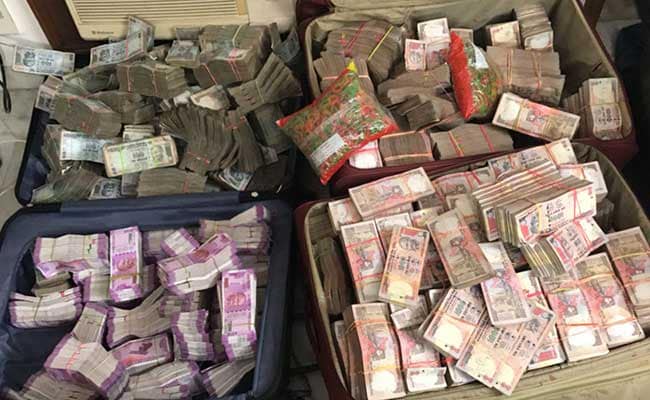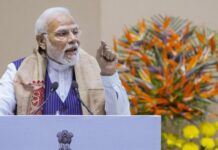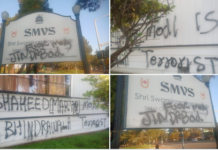What really is ‘ BLACK MONEY’? In India generally the term is used for un-accounted money or, the earnings not reported to the income tax authorities. It is believed India’s economy consists of a 60/40 ratio. 60% of the money in circulation is Black (unaccounted)while only 40% is what goes through the regular banking system. This is only a rough estimate by some experts. Take for example, you want to buy a house in South Delhi and the asking price is INR 15 crore. The seller will typically ask the buyer to make a check payment for only a small percentage of the asking price, based on the circle rate values declared by the state. On this check amount registered in the sale, a 5% stamp duty is required to be paid. Sometimes the check amount can be as little INR 4cr, while the remaining 11cr will be in unaccounted cash.
While India is one of the fastest growing economies in the world, it is also one of the most unequal countries. Inequality has been rising sharply for the last three decades. The richest have cornered a huge part of the wealth created through crony capitalism and inheritance, while the poor are still struggling to earn a minimum wage with barely any access to health or basic education, according to Oxfam International data. The area of concern is that barely 2% of India’s population pays income tax.
The big question is why people in India use these methods to avoid legit business dealings? There are several reasons: – 1st. The tax laws in India are draconian and it discourages citizens to pay tax. 2nd. If you are honestly paying tax you are more likely to be harassed. 3rd. There is very little incentive for citizens to pay taxes honestly. 4th. Bureaucratic hurdles in doing business in India. Overthe past few years, several crony businessmen were brought to books by the government. Many have fled to offshore destinations to avoid arrest.
Action againstsuch tax evasion was promised by BJP government before coming to power in their manifesto.
The Pandora papers recently released through investigative media are mind-boggling. The funds stacked away by the super-rich include hundreds of prominent industrialists and politicians from India and around the world.
The papers reveal assets stashed covertly in shell companies and trusts, while governments do little to slow this global stream of illicit money that enriches criminals and impoverishes nations. In an era of widening authoritarianism and inequality, the Pandora Papers investigation provides a perspective on how money and power operate in the 21st century.
At least $11.3 trillion is held “offshore” according to a 2020 study by the Paris-based Organization for Economic Cooperation and Development. Because of the complexity and secrecy of the offshore system, it’s not possible to know exactly how much of that wealth is tied to tax evasion and other crimes, and how much of it involves funds that come from legitimate sources and have been reported to relevant authorities.
In all, the new leak of documents reveals the real owners of more than 29,000 offshore companies. The owners come from more than 200 countries and territories, including India and Pakistan, with the largest contingents from Russia, U.K., Argentina and China.







